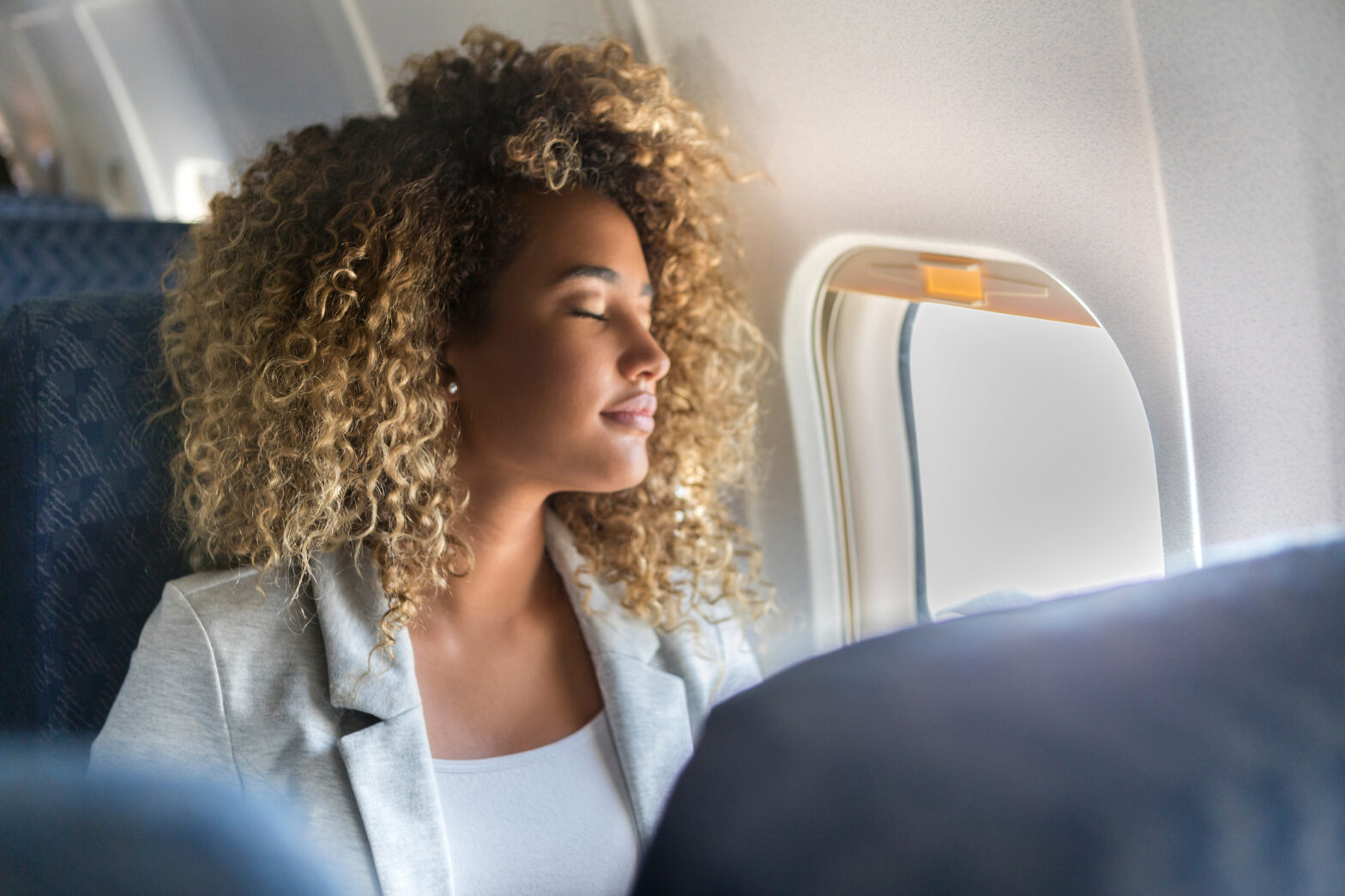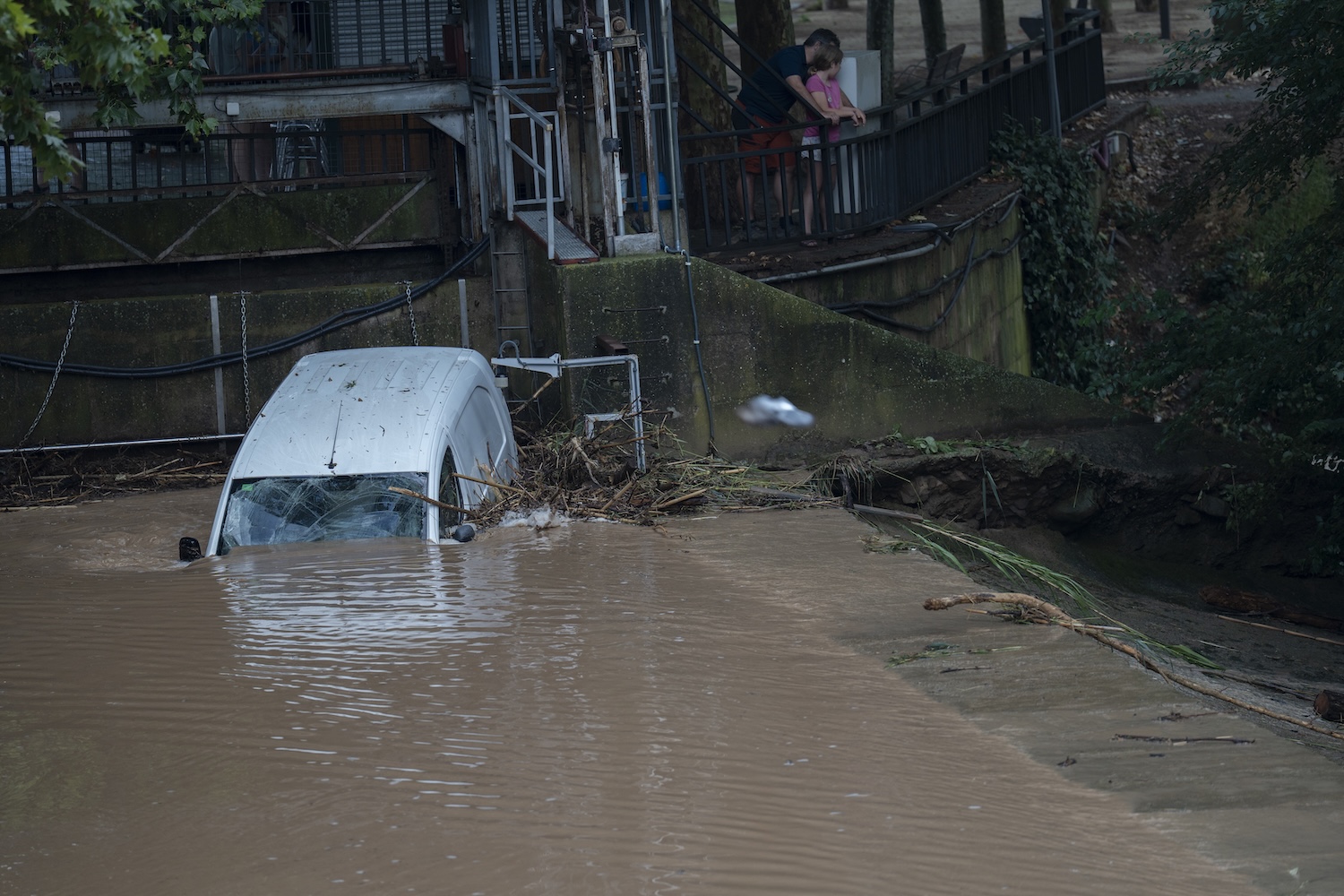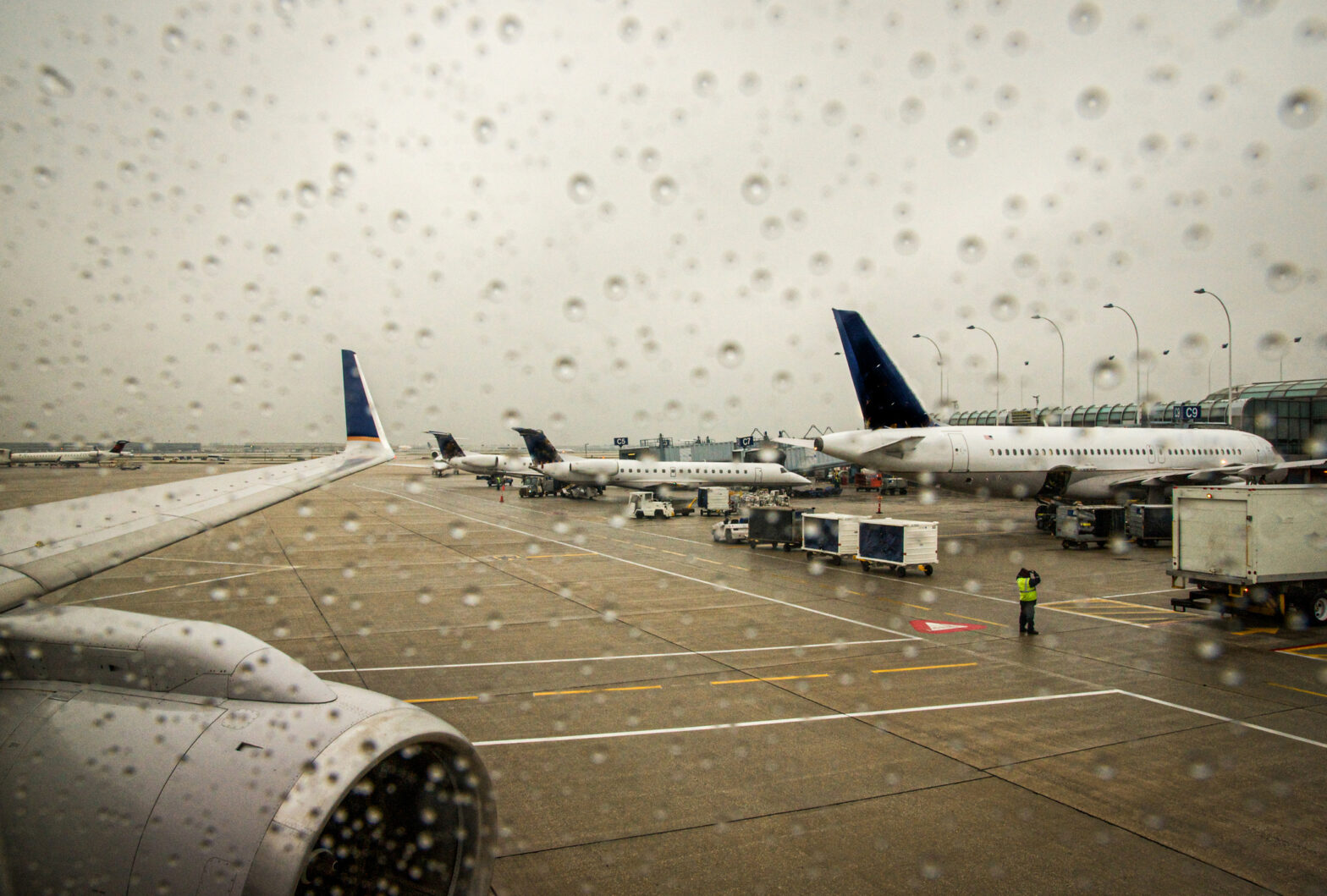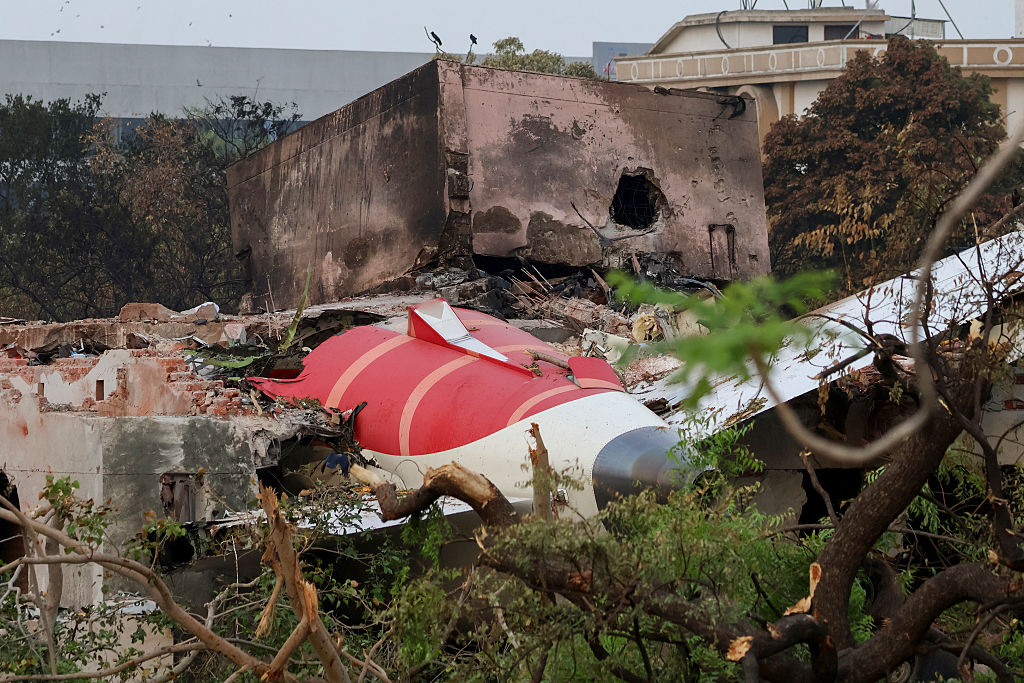Let’s face it, traveling by land, sea, or air can be stressful. Even if you’re the kind of person who plans everything down to the tiniest detail, something unexpected can occur. As for sleeping on airplanes? That can be a mixed experience. Some conk out as soon as they sit down. Others require a stiff drink or a sleeping pill. And then, there are those who are too uncomfortable or anxious to sleep.
Does this sound like you? Here are some tips for getting decent sleep at 35,000 feet.
Spend a Lil’ Mo’ for First or Business Class
If finances permit, why not spend some extra cash for first or business class or even premium economy? In all three cases, you’ll get extra room to stretch out your legs.
Most who have experienced flying first or business class will tell you it’s worth doing at least once. The perks kick in even before you’re on the plane, like fast check-in and early boarding.
Not to mention, you can recline your seat all the way back without anyone grumbling behind you. Some carriers, such as Emirates, go above and beyond to deliver the best sleep experience possible. According to Travel + Leisure, Emirates’ first class passengers “fly in a fully enclosed suite with a full bed, an onboard shower, and a first-class bar and lounge.”
Speaking of bars, feel free to partake in all the beer, wine and spirits you want (within reason, of course). Sometimes, that’s all you need to calm your nerves and help you drift off to sleep.
Be Mindful of Seat Selection
Many people are particular about seating, and for good reason.
With an aisle seat, you are less likely to be disturbed by other passengers who may need to get up or move around. On the other hand, a window seat allows you to rest your head on the cabin wall and look out at the sky, which might help you relax. As for the middle seat, getting any real sleep there could be more challenging, but still possible.
Ultimately, the best seat for sleeping on a plane depends on your personal preferences, so choose the one you feel offers you the greatest chance of slumber.
Develop a Relaxation Routine in Advance
It can be useful to have a relaxation routine prior to travel. If meditation or listening to relaxing music before bed works for you at home, why not try it on the plane? Take a deep breath, slowly exhale, and prepare yourself for the journey ahead.
Michael Breus, a clinical psychologist, told ABC News it can also be useful to count backward from 300 by three. Why? “It’s mathematically so complicated you can’t do anything else. And it’s so doggone boring, you are out like a light,” he said.
Additionally, be particular about the music you choose. Sure, some people can fall asleep to metal or techno. But white noise, lo-fi and nature sounds—like falling rain and chirping birds—are more conducive to rest.
Also, try to put your cell phone down if you can. It’s incredibly easy to get caught in a cycle of “doom scrolling” through Facebook and Instagram feeds.
Not to mention, “studies have shown that the blue light that screens give off can block melatonin, and throw off your circadian rhythm. For proper sleep, you’ll want to shut down those electronics at least an hour before attempting to rest,” She Buys Travel notes.
Make Use of Earplugs, Eye Masks and Noise Cancelling Headphones
Some airline carriers offer eye masks and/or earplugs. However, sometimes they aren’t the best quality unless you’re in a higher class, which is why planning ahead is so critical. Bringing your own earplugs can ensure you’re never without a way to block out any unwanted noise on your flight.
There are three main types of disposable earplugs: flange, foam, and those that can be molded. Verify in advance which ones are more effective for your sleep needs. While you’re at it, consider researching the different eye masks on the market and add one to cart for good measure.
Last but not least, it’s a smart idea to invest in a pair of noise-canceling headphones for your next flight. Some go over your head, and others sit in your ear canal. Because these tend to cost a pretty penny, you’ll want to compare and contrast carefully before choosing which headphones to buy. But don’t let their price point scare you. Many travelers will agree that their benefits far outweigh the cost, and they can be a must-have item you’ll never want to travel without again.





